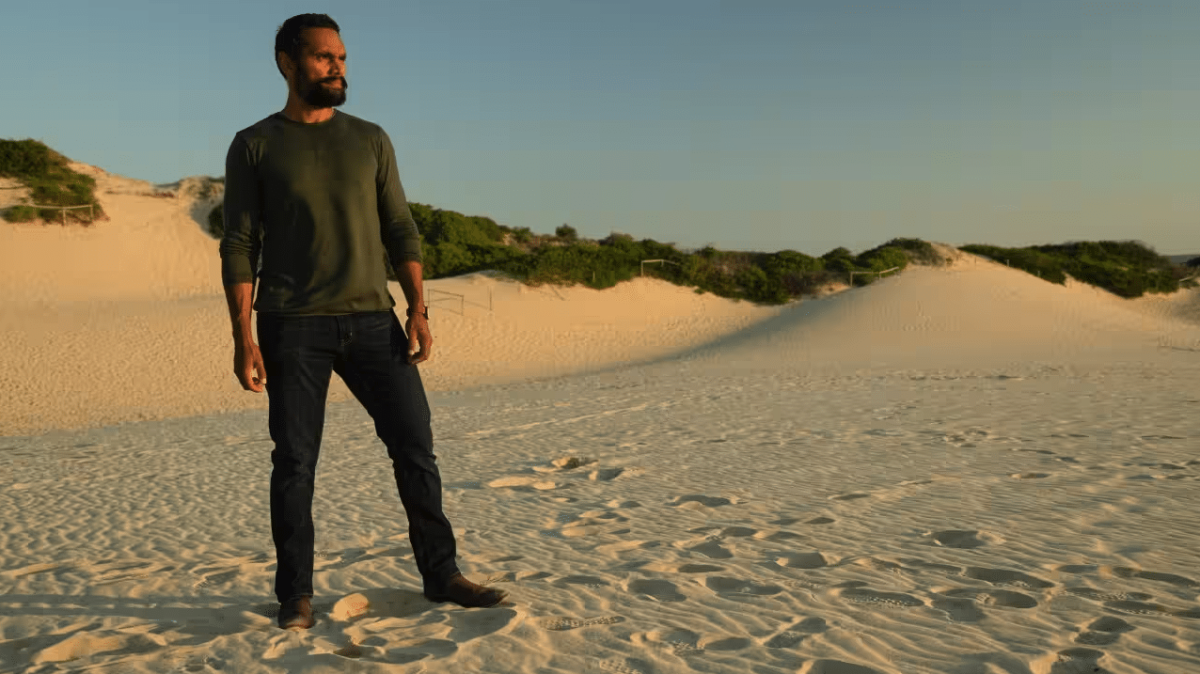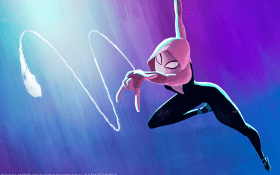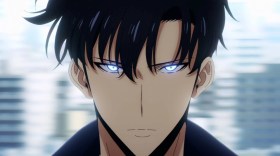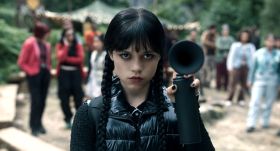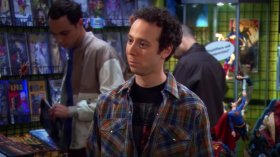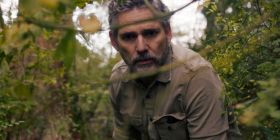In Australia, we struggle to appreciate First Nations ideas without filing them into accepted Western knowledge categories, such as astronomy, agriculture, pharmacology, navigation, engineering, telecommunication, aeronautics and genetics. And Western research methods remain the most accepted way to corroborate Aboriginal and Torres Strait Islander knowledges.
That’s colonisation, baby! It feels less like stealing from someone if you imagine your culture is smarter than theirs: that they’re simple, isolated, in thrall to ancient superstition rather than engaged in the now, and floating nomadically around their land rather than actively reshaping it.
The new Channel Ten/NITV documentary series The First Inventors sets out to challenge these old, defensive attitudes, and instead to celebrate over 65,000 years’ worth of innovation, with backing from the Australian Research Council Centre of Excellence for Australian Biodiversity and Heritage.
Over four episodes, actor and proud Tiwi man Rob Collins (Limbo, Total Control, Firebite) leads a team of ‘investigators’ who travel around Australia to learn how traditional knowledges inform recent academic research.
Made along Indigenous principles that everything is interconnected, and that listening sparks learning, this show’s reclamation of First Nations excellence wasn’t its only wonderful thing for me. In its low-key, accessible way, it also offers a reconciliation between traditional knowledge and Western science – a collaboration that could help solve today’s wicked problems.
I wasn’t prepared for how exhilarating this hopepunk optimism would feel.
Gentle and accessible
In another collaborative turn, this is the first co-production between Channel 10 and NITV. It will screen on both networks, potentially reaching a wider audience and sparking more mainstream discussions.
As series co-creator, writer and director, Professor Larissa Behrendt is careful to avoid a potentially offputting polemical tone. Instead, the series adopts the slow, iterative rhythms of commercial broadcast TV, and the general vibe is, ‘Wow, this is so cool!’
I found it very relaxing to watch. Each episode is lavishly signposted with intros, recaps and previews, has an evocative soundtrack, and uses pre-commercial-break cliffhangers. Stunning landscape footage combines with animated maps and diagrams to demystify the key ideas. And participants are introduced with hero close-ups and swirling camera movements, like reality-show contestants.
The series investigators occupy a hybrid position: like Collins, they’re all Indigenous, but their authority comes from their curiosity. Archaeologist Chris Wilson, curator Tui Raven, astronomer Karlie Noon and journalist Ben Abbatangelo stand in for the audience: they ask questions of both traditional knowledge-holders and academic researchers, reacting on camera to what they’re learning.
Abbatangelo helps ground one of episode one’s mind-blowing moments: global ecologist Dr Corey Bradshaw’s probability-modelling experiment, which crunches vast amounts of ecological and archaeological data to simulate the most likely routes the first people took to arrive on the continent.
‘You’re gonna need to put some flavour on what I’m seeing here,’ Abbatangelo tells Bradshaw as they stand in a darkened control room, staring at the experiment’s futuristic output visualisations.
The world of big data sometimes seems as vast and eldritch to me as deep time – but what I loved about The First Inventors was that the huge timescales these scientists are working on also make sense within First Nations ontologies. The two approaches chime together, informing one another rather than conflicting.
In another powerful segment, Raven meets biogeographer Professor Michael-Shawn Fletcher in Tasmania’s north-west, where he’s studying soil and tree core samples to learn if the dense rainforest really represents the region’s ancient, pre-colonial state. The soil core’s colour change from dark to pale is obvious, even to me – and that’s the historical point at which palawa people were stopped from practising the firestick farming techniques that engineered those open, grassy meadows you see in early colonial paintings.
The series is full of these revelatory encounters. Even if you’re familiar with some of its content, The First Inventors grants a space of encounter that feels intuitive yet powerful. Rather than lecturing, it lets us listen and learn.
The collective archive
The Western approach to archiving is external. Because we see ourselves as atomised individuals, we strive to record our knowledge so it won’t be lost when we die.
But episodes two and three emphasise that when you see yourself as fundamentally connected – with ancestors, Country, neighbours, moieties and totems – you tap into millennia of history, geography, law, astronomy and genealogy, encoded as story, song and dance. It’s easy to learn, and easy to teach.
And this organic, collective archive is robust. Rock art and creation stories are being proven to accurately record the end of the ice age, and even reveal archaeological sites hidden underwater. And as mathematical biologist Dr Jared Field shows in a statistical analysis, the Gamilaraay kinship system can reconstruct a population-level genetic map simply from one person’s ‘blood type’, even if other records are lost – which Australia’s family separation policies actively sought to do.
Songlines, meanwhile, are powerful mental maps you can never lose, enabling people to navigate vast distances, and setting up transcontinental trade ‘superhighways’ whose routes modern roads still follow. In episode two, Yidumduma Bill Harney, a senior Wardaman Elder, gives Raven a quick stargazing lesson before sending her on a 2.5km journey through rugged, pitch-black terrain.
Meanwhile, Australian memory champion Dr Lynne Kelly teaches Collins – who, as an actor, is no slouch at memorising dialogue – how to use Indigenous strategies to encode and recall complex information.
These quick exercises bore such impressive results that I marvelled at the untapped intellectual potential we could unlock by working together to listen and learn.
Episode four explores projects that already bring together Indigenous knowledges with Western methods and equipment. Traditional botany helps identify unique molecules in eucalyptus leaves that can lead to new anti-inflammatory drugs. Traditional cool-burn fire management methods are supercharged over vast terrains using leaf-blowers, helicopters and incendiary capsules.
For Indigenous viewers, this show may be a vindication, and a repudiation of colonial misinformation. But for all viewers, The First Inventors is a generous, hopeful show that can help Australia invent a brighter future.
The First Inventors premieres at 8:30pm on 15 June on NITV and Channel 10, and will stream on SBS On Demand and 10Play.
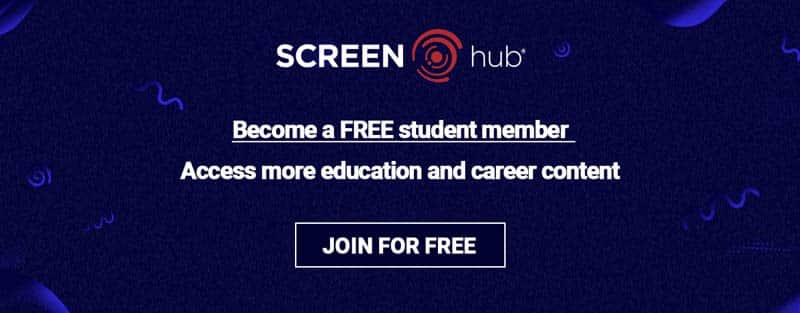
Actors:
Director:
Format: TV Series
Country:
Release:
